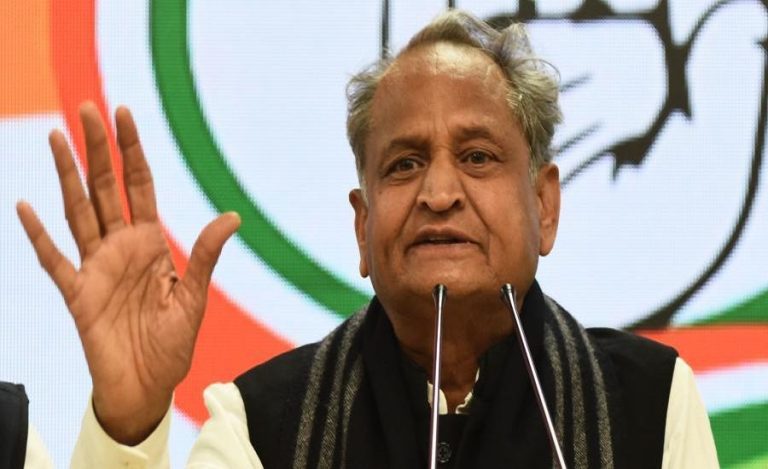Bengaluru/New Delhi: In a landmark development, Indian startup QpiAI has unveiled its 64-qubit superconducting quantum processor named “Kaveri”, positioning India firmly in the global quantum computing race. The chip is expected to be commercially available by the third quarter of 2026. This achievement highlights a significant leap for India’s quantum hardware ambitions, aligning with national strategies for self-reliance in advanced technologies.
Background: India’s Quantum Ambition
India has made serious strategic moves in the quantum domain via its National Quantum Mission and a growing startup ecosystem. With the Kaveri chip, Indian researchers and industry can now access high-end quantum hardware built domestically.
Prior to Kaveri, QpiAI had already developed a 25-qubit quantum computer “Indus” that served as a stepping stone. The development of Kaveri signals a move from experimental to more scalable quantum systems in India’s tech trajectory.
What is “Kaveri”? The 64-Qubit Quantum Processor
The “Kaveri” quantum processor stands out for several technical reasons:
- Built using superconducting qubit technology, enabling high-performance quantum operations.
- Incorporates a “flip-chip integrated” architecture—this means the qubit layer and interconnect layers are separated for reduced loss and improved performance.
- Designed for scalability: QpiAI emphasises that this design allows extending qubit count in future versions.
- Commercial availability slated for Q3 2026.
With Kaveri, India moves from smaller scale quantum systems to a 64-qubit chip which opens up deeper applications in fields such as cryptography, AI, optimisation and material science.
Why This Matters: Applications & Strategic Impact
The launch of Kaveri has several implications:
- Defence & Security: Quantum processors can eventually break or enhance cryptographic systems. For India’s defence and secure communications domain, that adds strategic value.
- Industry & Research: From logistics optimisation to drug discovery and material science simulation, a 64-qubit machine unlocks new possibilities. QpiAI themselves outline use-cases in life sciences, energy, manufacturing.
- Indigenous Technology Push: By building the hardware domestically, India reduces reliance on imported quantum hardware, aligning with “Make in India” and self-reliance goals.
- Ecosystem Growth: Launching such a chip helps build the talent, manufacturing, and research ecosystem – including fabrication, cryogenics, control electronics, quantum algorithms.
- Global Positioning: As countries race for quantum supremacy or at least quantum advantage, India securing a 64-qubit system gives it credibility in the global tech arena.
Roadmap Ahead & Commercialisation Timeline
QpiAI plans to make Kaveri commercially available by the third quarter of 2026. They also have sights set on developing a 128-qubit chip (codenamed “Ganges”) and a longer-term goal of a 1,000-qubit quantum system by 2030.
This roadmap signals that Kaveri is not an end in itself, but a major milestone on the way toward scalable, utility-level quantum computing in India.
Challenges & Considerations
While Kaveri’s launch is a major step, several challenges remain:
- Error rates and coherence: As qubit count increases, maintaining coherence and reducing errors becomes harder.
- Applications maturity: Real-world winning quantum use-cases are still emerging globally.
- Infrastructure & ecosystem: Building manufacturing, cryogenics, quantum control electronics and talent at scale is non-trivial.
- Commercialisation timeline: Q3 2026 is the target – until then, real-world access remains limited.
Nevertheless, with the institutional push and startup ecosystem behind it, these challenges are manageable.
What This Means for India’s Tech Future
- India can now claim a tangible hardware milestone in quantum, enhancing its standing in future-tech conversations.
- The deep-tech startup ecosystem gets a boost. Others may see greater investor confidence and talent inflow.
- Strategic sectors – defence, cyber-security, advanced manufacturing – gain access (eventually) to high-end computing power domestically.
- Universities and labs can partner for quantum algorithms and hardware access, fostering a home-grown talent pipeline.
In short, Kaveri’s launch advances India’s journey from being a technology adopter to a technology leader in the quantum era.




























